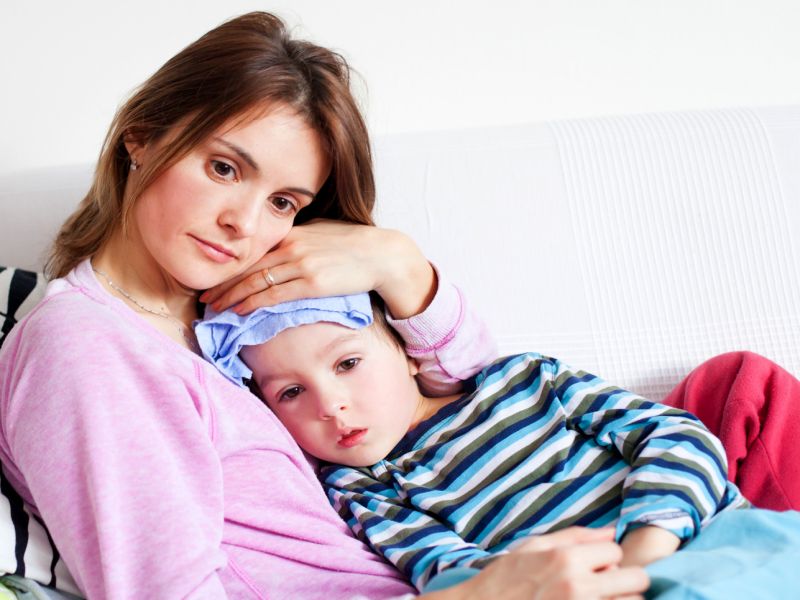

Earnings Fall After a Child's Cancer Diagnosis
Mothers more likely than fathers to stop working, study finds
Monday, November 21, 2016


MONDAY, Nov. 21, 2016 (HealthDay News) -- After a child's cancer diagnosis, parents' income often drops and mothers frequently stop working, a new study finds.
Moreover, the financial effects of a cancer diagnosis can last years, with mothers' earnings dipping significantly more than fathers' pay, the study suggests.
Mothers' incomes fell 21 percent in the first year after a child developed cancer versus 10 percent for fathers, according to the study.
"In addition to differences between mothers and fathers, we found that a younger age of parents [and] lower level of education ... were associated with more adverse effects on income," said study author Emma Hoven, of the Karolinska Institute in Sweden.
Researchers tracked more than 3,600 parents in Sweden whose 1,900 children were diagnosed with cancer between 2004 and 2009. The parents were compared to a group of about 35,000 parents whose children did not have cancer.
The results were published Nov. 21 in the journal Cancer.
The researchers saw signs of the income decline among mothers up to six years later, but only up to two years later for fathers.
Mothers of a child with cancer were also less likely to continue working compared to mothers of healthy children, and the researchers found signs of this discrepancy for up to five years.
But fathers' employment wasn't affected.
"Also, mothers with a higher income before the child's cancer were found to have an equivalent income level to control mothers at four years after diagnosis, whereas more adverse effects were found for mothers with a lower baseline income," Hoven said in a journal news release.
The study authors called for more assistance for parents of childhood cancer patients.
"This could include providing extended support from social work teams at the hospitals to help parents navigate the practical and emotional challenges following a child's cancer diagnosis," Hoven said.
"In particular, our findings show that more support and financial assistance should be advocated for young parents, mothers with a lower education, and mothers who were born in another country," she said.
SOURCE: Nov. 21, 2016, news release, Cancer
HealthDay
Copyright (c) 2016 HealthDay. All rights reserved.
News stories are provided by HealthDay and do not reflect the views of MedlinePlus, the National Library of Medicine, the National Institutes of Health, the U.S. Department of Health and Human Services, or federal policy.
- More Health News on:
- Cancer in Children




























.png)











No hay comentarios:
Publicar un comentario